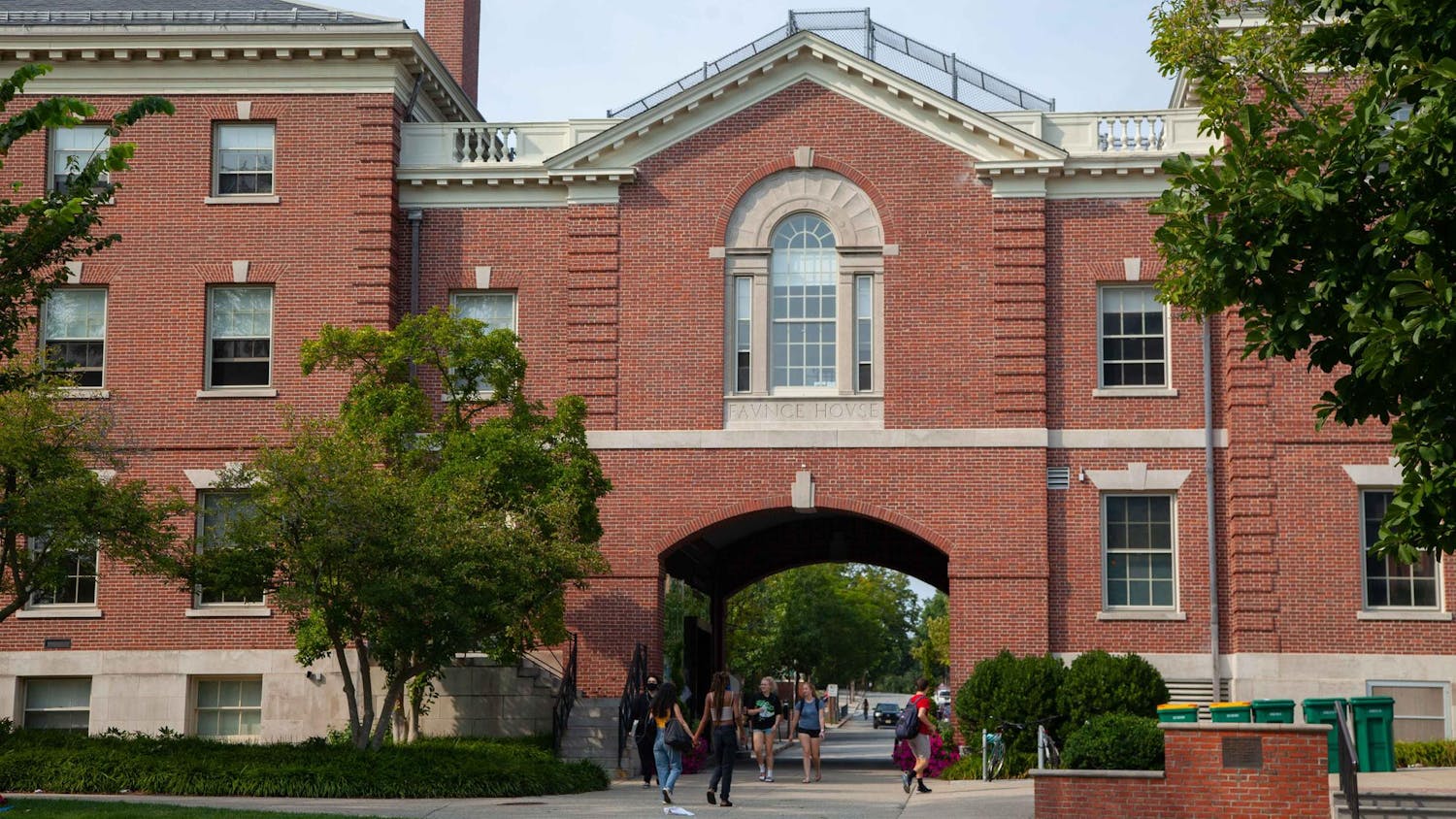Wilson Hall is a “nemesis” of Student and Employee Accessibility Services due to its lack of handicapped access, SEAS Director Catherine Axe ’87 told the Undergraduate Council of Students at its general body meeting Wednesday. Axe discussed student support services with the council along with Director of Health Services Unab Khan and University Chaplain Janet Cooper Nelson.
The heavily used, centrally located academic building needs an “entire overhaul,” Axe said. The high front steps outside and the additional stairs inside make Wilson the least accessible building on campus, she added.
Wilson has become an issue for administrators as well as students registered with SEAS, Axe said. When a student registered with SEAS enrolls in a class held in Wilson, SEAS ensures that the Office of the Registrar changes the location.
“We take classes out of there all the time,” she said.
Axe recommended that student groups avoid holding events in the building and encouraged UCS general body members to be vocal in pushing for the building’s renovation.
In her remarks to the council, Khan explained why Counseling and Psychological Services was moved under the umbrella of Health Services this summer. The goal of the integration was to “provide care in a more holistic fashion,” she said.
But the ultimate aim is to allow for a service in which conditions like headaches and depression can be treated simultaneously without the student needing multiple consultations, Khan said. Mental and physical conditions should both be regarded without stigma, she added.
The integration will allow Health Services to pool its resources and improve efficiency, Khan said. “We won’t be trying to do the same thing in two different places,” she said.
Minoshka Narayan ’18, a UCS general body member, asked whether confidential information will now be shared between CAPS and Health Services. While steps have not been taken thus far, sharing of information makes sense long-term, Khan said.
Cooper Nelson spoke about an initiative of the Office of the Chaplains and Religious Life that involved bringing two alums whose spiritual backgrounds have had an impact on their professional careers to campus for a week-long conference.
Cooper Nelson emphasized the role of the Office of the Chaplains as an intermediary that can connect students with other University services. Unlike Meiklejohn Peer Advisors and Residential Peer Advisors, the Office of the Chaplains is not obligated to report concerns regarding students to relevant University authorities, she said. But if students demonstrate a desire to be put in touch with services like CAPS or SEAS, the office assists them, she added.




